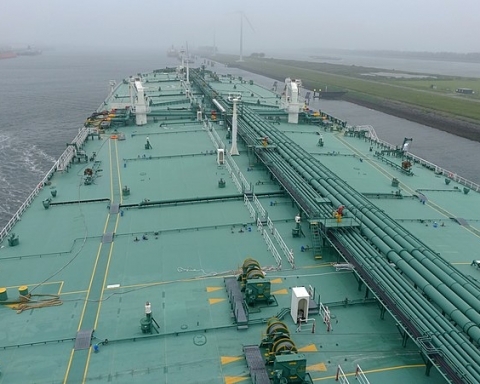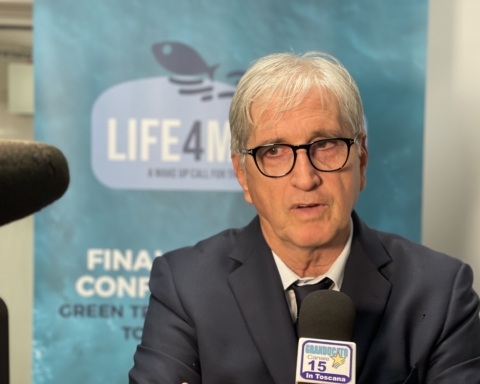Italian ports should be taxed to the extent that they engage in economic activity. On this point, the EU Commission is now going full-steam ahead: moving along the tracks of the fundamental principle of transparency of public accounts and dragging wagons full of case-law on Port Authorities of other Member States (Germany, France, Spain and Belgium) behind it. Everything else is irrelevant, indeed any legal argument aimed at defending the public nature of our Port Authorities appears biased.
At the top levels in Brussels, a different outcome of the dispute is not even taken into account. This is confirmed in Port News by an authoritative member of the DG Competition, who, for obvious reasons, prefers to remain anonymous. “The European legal system does not attach importance to the legal status of Port Authorities – he explains – and it is not uncommon to find in Italy, as in Europe, public bodies that have a dual accounting system.
Our opposition would only lead to an extension of the time limit but would not spare Rome the certainty of an unfavorable verdict: “The Commission will open the formal investigation against Italy in November and in six months could come to its conclusions, formally ascertaining whether or not national ports have benefited from illegal state aid. At that point, should the reasons for the dispute persist, an appeal to the European Court of Justice would be inevitable”.
In a year, in a year and a half at most, this would lead to the definitive sentence. However, the outcome seems obvious, if for no other reason than that the Court itself, in rulings on similar cases (see France), has already proved the Commission right. The next step would then be to open infringement proceedings. In Brussels, they hope they don’t have to go that far. They are expecting a more cooperative attitude on our part, one that will overcome an obstructionism that is a waste of time.
There is no room for maneuver for the Commission. The exemption from corporate income tax (IRES) can be considered as a form of State aid if it relates to income generated by economic activities. In this respect, an economic activity can be defined as any activity offering goods or services in a given market. This principle also applies to port concessions. In short, whether an entity carries out institutional or non-commercial activities, is not sufficient for it to be considered as a business entity.
There are no loopholes and Italy would do better to move in the wake of France and Spain. Both opened a long negotiation on technicality, defining, point by point, what is or is not an ‘economic activity’. Madrid, for example, agreed to modify its system on the basis of the Commission’s indications, but at the same time asked for the approval of a State aid plan for its Southern ports, in direct competition with those of North Africa.
Rome can still play its cards to get the best possible deal from Brussels. The only point on which the EU is not prepared to negotiate is the transparency of funding. The EU institutions do not want state money to be used to cover public sector inefficiencies. From this point of view, the introduction of the dual accounting regime would be seen very favorably by the Commission: it would force the Port Authorities to value their assets better, allowing the State to finally have an objective yardstick to distinguish the virtuous Port Network Authorities from those that have fallen behind.
The truth is that in the great game of world geopolitics, ports today are increasingly contestable and increasingly competing with each other. For the EU, evading the rules of competition is not just a mistake but downright irregular.
“This is how things stand, and it is good for Italian politics to be aware of it,” concludes our source within DG Competition. Ports warned, ports half-saved.
Translation by Giles Foster




